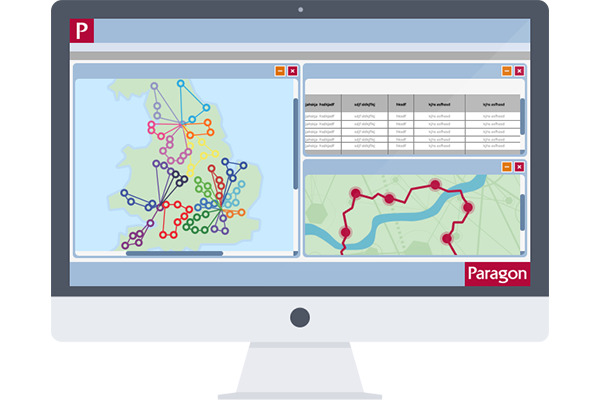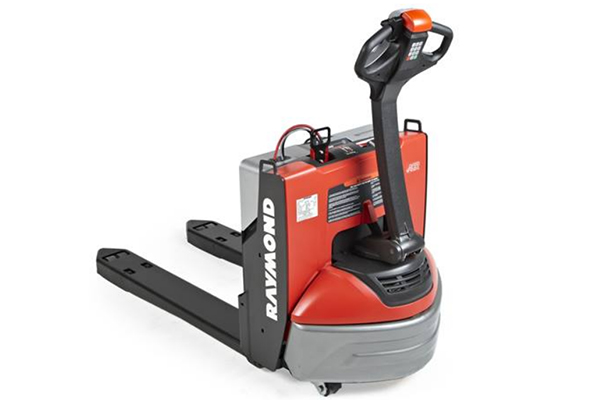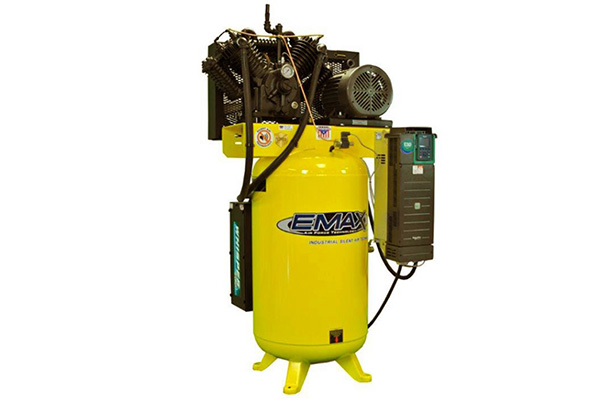Supply chain management survey indicates greater pressure on companies to demonstrate sustainability
Companies are struggling to take efficient action across their supply chains, while facing increased demands from stakeholders.
A new international survey by DNV GL, a global quality assurance and risk management company, reveals an emerging gap between beginners and leaders when it comes to managing sustainable supply chains.
The survey investigated how companies are approaching supply chain sustainability and how mature they are in their approach, and 50% rated themselves as beginners in this area.
The study was supported by GFK Eurisko and Supplier Ethical Data Exchange (Sedex), a not-for-profit membership organization which operates the world’s largest collaborative platform for sharing responsible sourcing data on supply chains. More than 1,400 professionals from Europe, Asia and America responded to the survey, and the findings are compared to an identical survey conducted in 2014.
The survey identifies a set of front-running companies, defined as leaders, which have a more structured approach to sustainability in their supply chain. According to the survey, the leaders have moved away from self-conducted initiatives and penetrate all tiers of their value chains with their actions. They are more active than average companies and apply more structured approaches. For example, they involve third parties to a much higher extent when auditing suppliers against their own protocols or recognized methodologies, and 30% provide their suppliers with dedicated training. By implementing sustainability in their supply chain, they say they have gained brand reputation (65%), improved their ability to meet customer needs (58%) and increased market shares (32%).
“Building sustainable supply chains is no longer a voluntary initiative based on unstructured attempts,” said Luca Crisciotti, CEO of DNV GL – Business Assurance. “Companies that have experienced positive effects from their actions have adopted a more systematic approach. Those able to tackle it in a strategic and holistic way can manage their risks better and reap benefits, while responding to legislative, stakeholder and global demands.”
Overall, companies feel greater pressure to show they have a sustainable supply chain today than in 2014 (86%; +6%). Seventy-six per cent say that customers are the main drivers influencing sustainable supply chain management. Nine out of ten professionals say that supply chain sustainability is key when they are making buying decisions themselves. Nevertheless, pressure comes from multiple direct and indirect stakeholders. Today, companies are expected to proactively manage all tiers of their supply chain and to do so in a way that contributes to the world’s sustainability goals.
Of the respondents, 81% have taken at least one action to improve their supply chain sustainability. However, actions are mainly self-conducted and limited to “tier 1” suppliers, and fewer actions are taken further out in the value chain. A direct audit of some suppliers has been undertaken by 39% of the companies, 36% have required suppliers to provide information and 32% have either had a dialogue with suppliers to address the challenges or implemented a sustainability policy. Only 7% of the respondents say they have reached out to all tiers of their supply chain.
“Managing risks across the entire supply chain can be challenging and requires the collection of supplier performance data to efficiently create visibility further down the value chain,” Crisciotti said. “However, companies can leverage advancements in big data analytics, data sharing platforms and blockchain technology to help collect and measure supplier performance in a structured and reliable way.”
The study reveals that disclosure of information about sustainability in the supply chain is still in its early stages, despite the opportunities offered by digitalization. Only 20% of respondents, including among leaders, have published information about their supply chain.
Methodology and sample
The survey was conducted in October 2017. It involved 1,408 professionals in companies in the primary, secondary and tertiary sectors across different industries in Europe, North America, Central & South America and Asia.
The sample consists of customers of DNV GL – Business Assurance and does not claim to be statistically representative of companies worldwide.
The questionnaire was administered using the CAWI (Computer Assisted Web Interviewing) methodology.
The sample includes 60 companies defined as leaders. The classification of a company as a leader is based on a list of attributes defined by DNV GL – Business Assurance.
View Sustainable Products and Accessories
 AGV lithium ion smart battery system
AGV lithium ion smart battery system
Fast charging lithium ion smart batteries.
 Truck-Routing Software
Truck-Routing Software
Fleet routing and scheduling software supports sustainable vehicles.
 Model 8250 AC walkie pallet truck
Model 8250 AC walkie pallet truck
Walkie pallet truck’s lithium ion battery delivers double power capacity.
 Ever Green Cut ’n Wrap
Ever Green Cut ’n Wrap
Cost-effective insulation blankets save energy.
 Silent Air Compressor
Silent Air Compressor
Smart compressor equipped with green, variable frequency drive technology.
 EG4100 series power monitoring systems
EG4100 series power monitoring systems
Monitor energy parameters in real time with power monitoring system.












